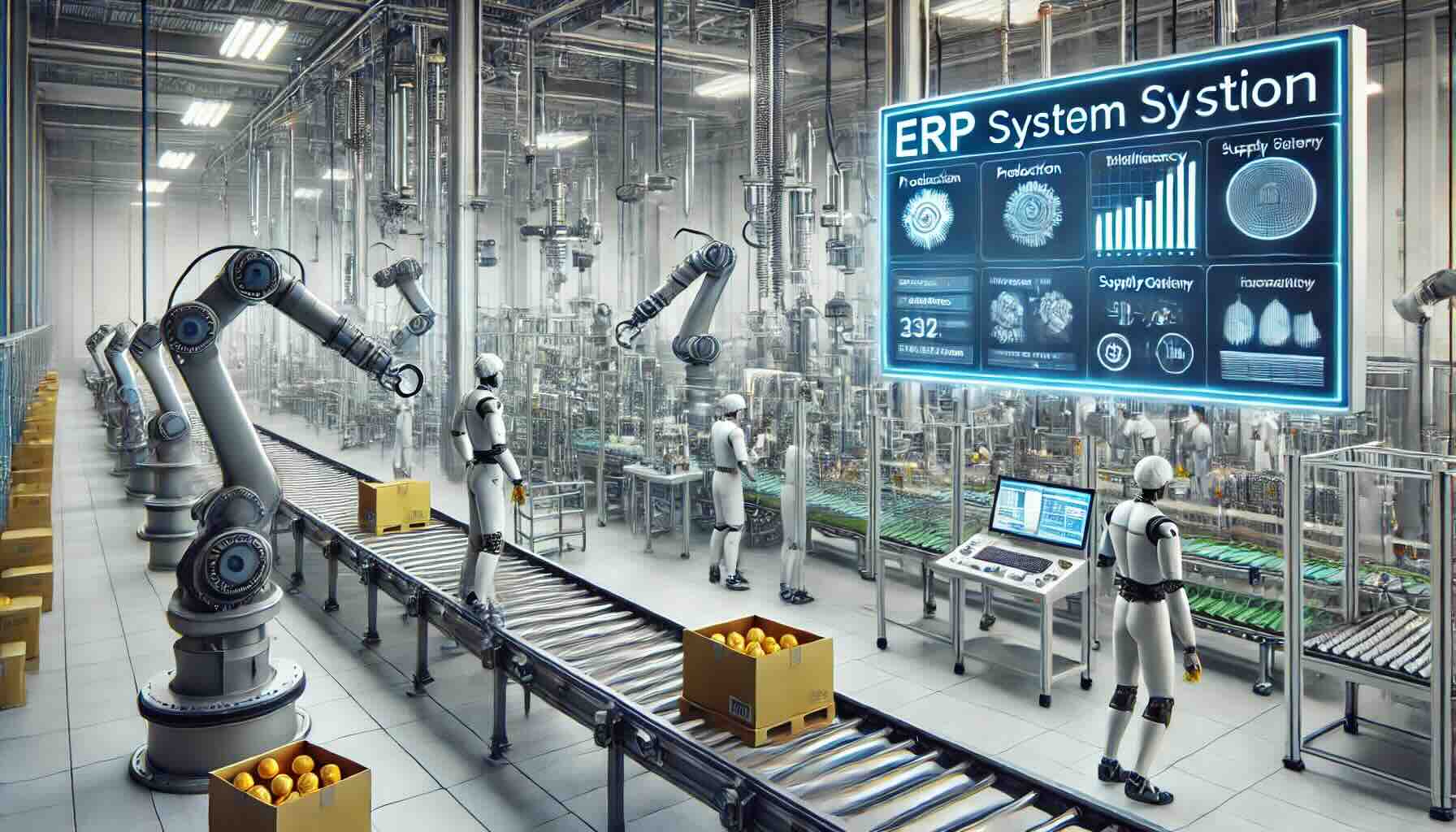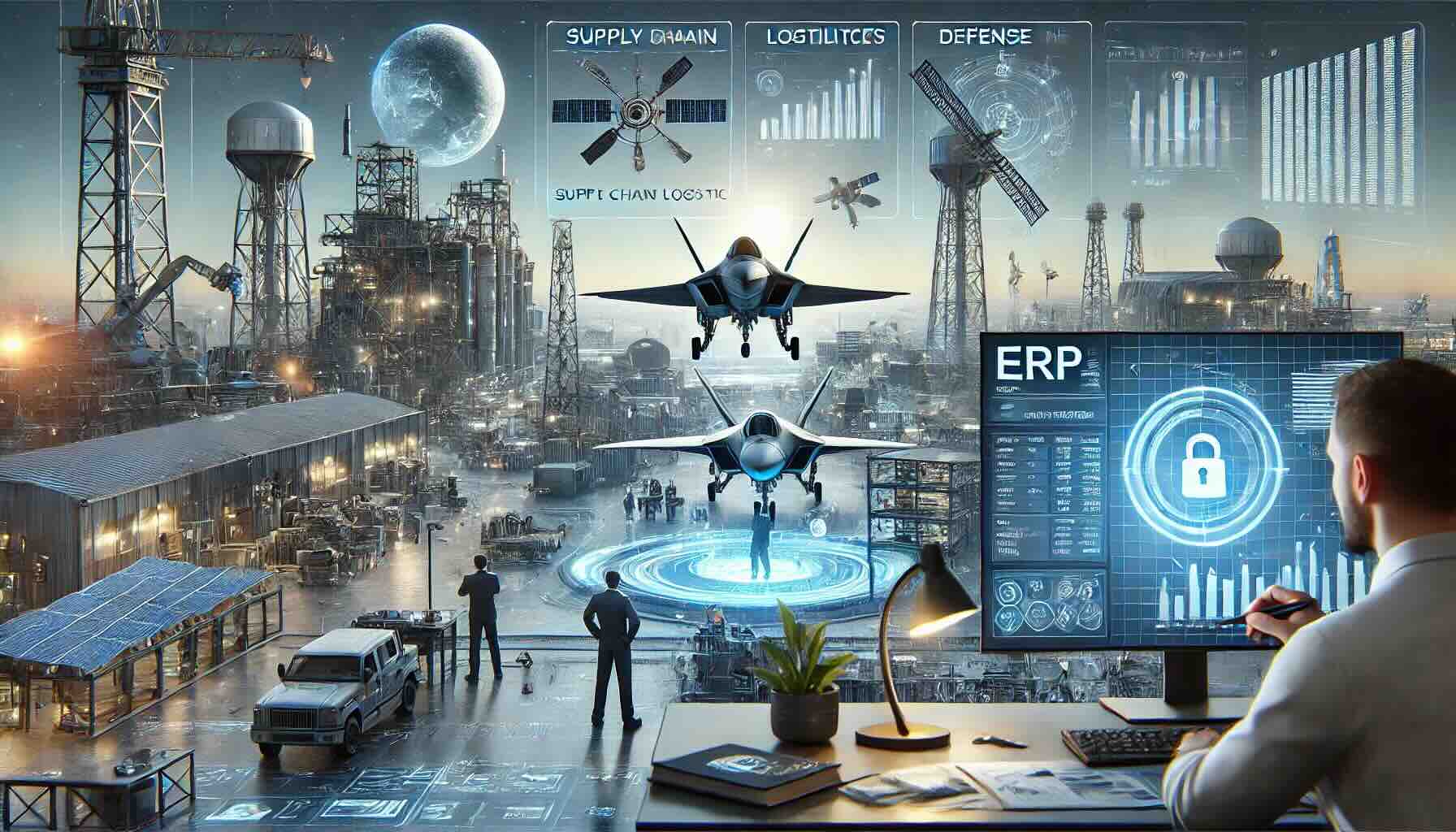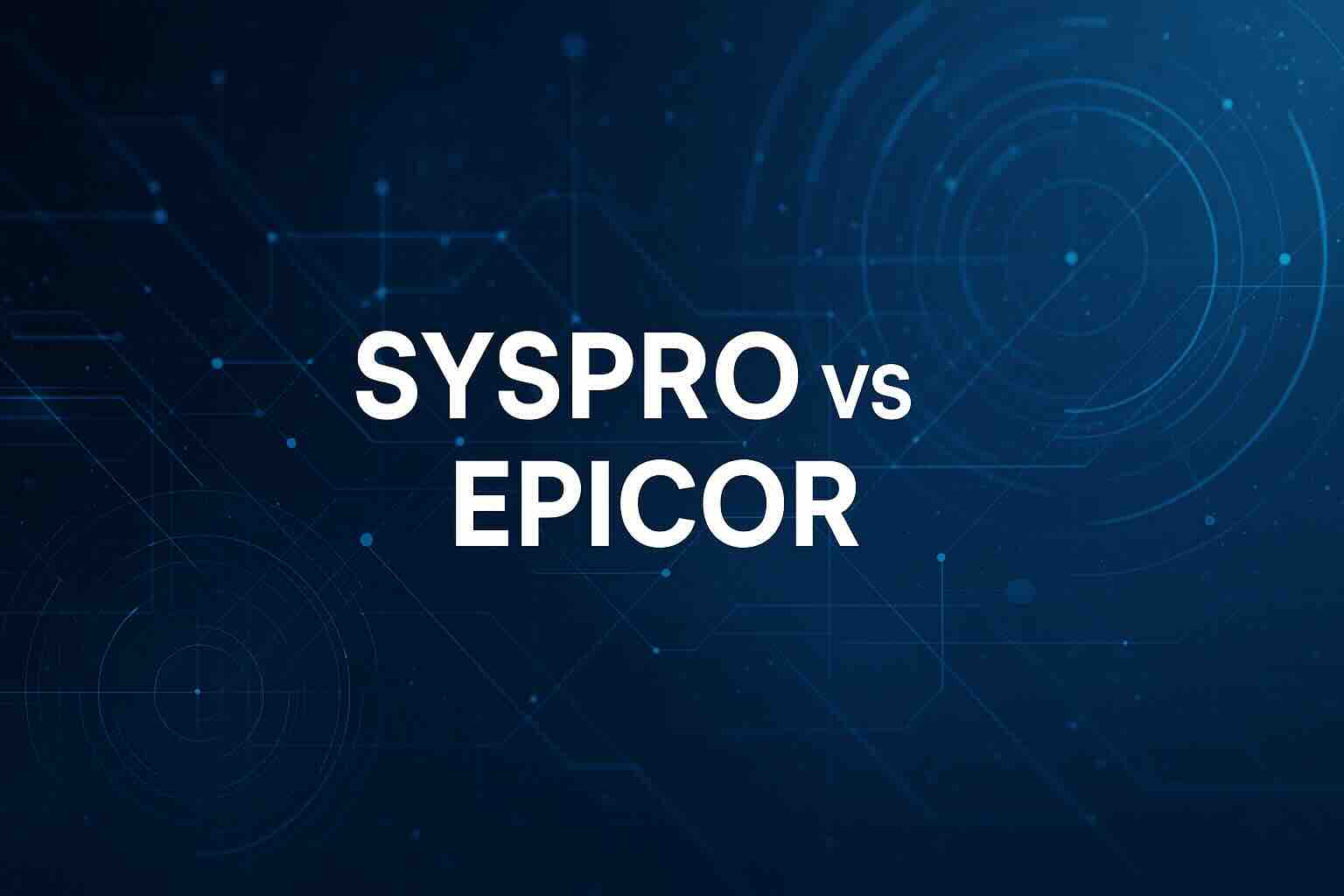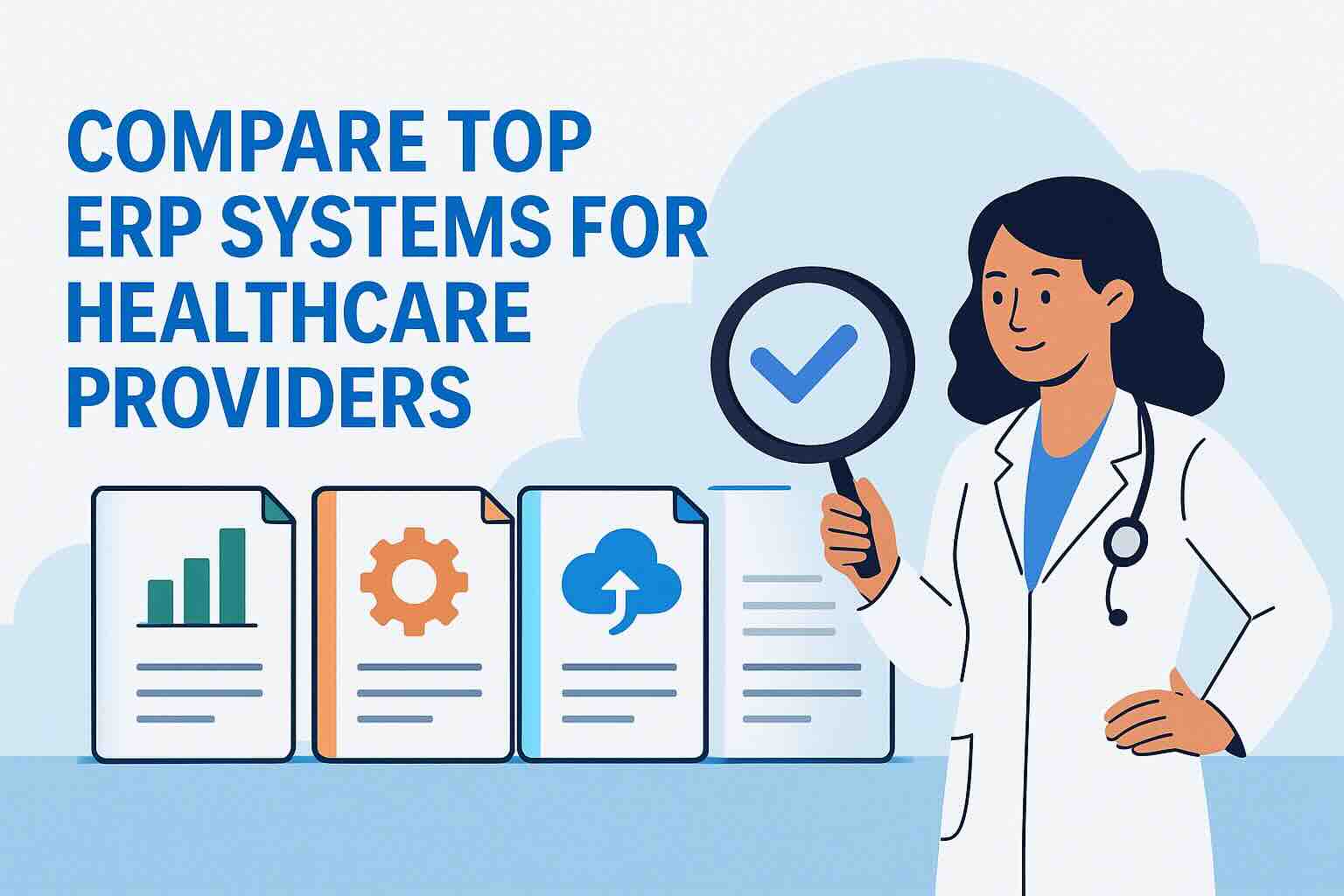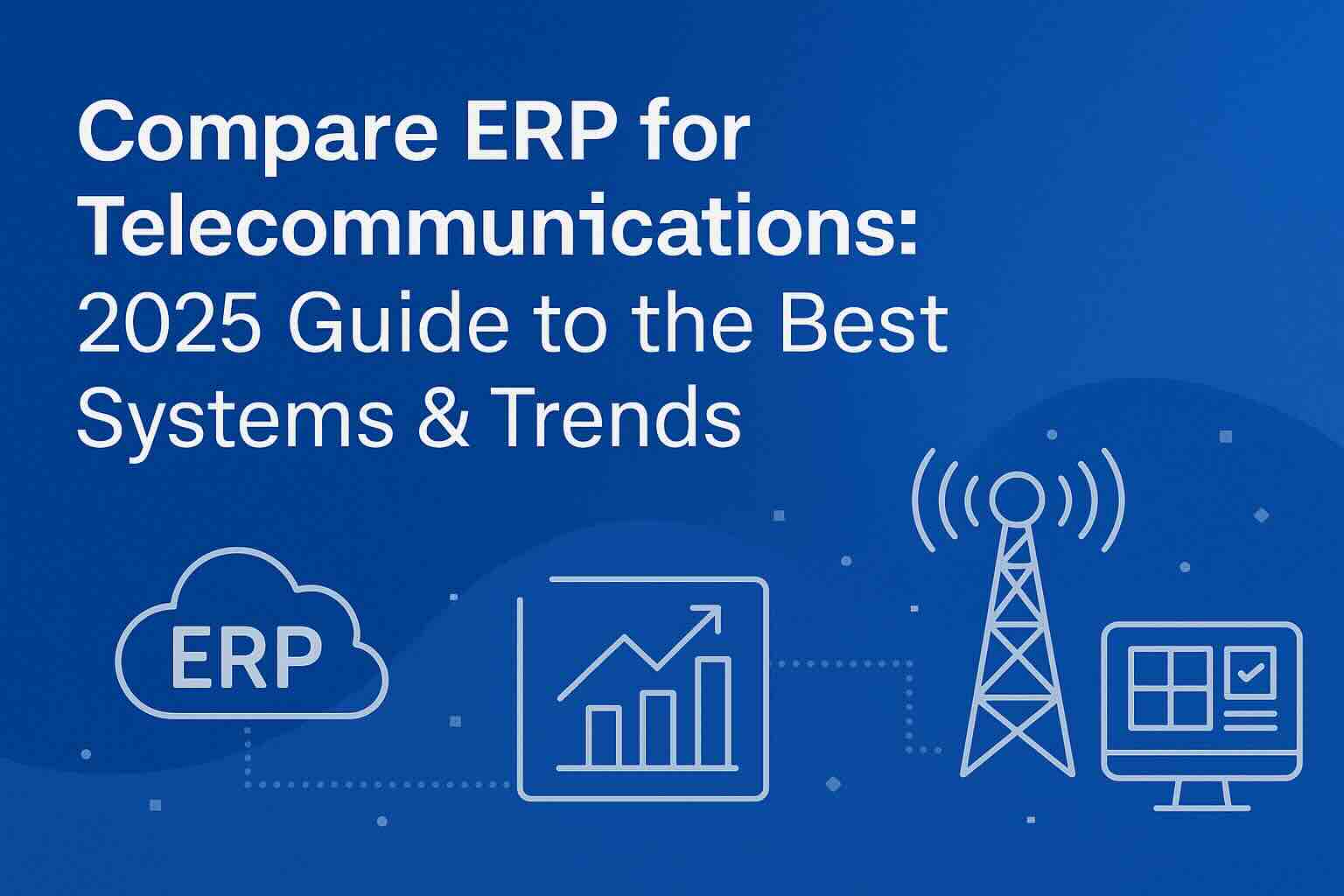Exploring the Top 10 ERPs for Service Organizations

In the service industry, where client satisfaction and efficient resource management are paramount, the right Enterprise Resource Planning (ERP) system can be a game-changer. Navigating through the myriad of options to find the perfect ERP solution that aligns with the unique needs of service organizations can be daunting. This in-depth guide examines the top 10 ERPs for service organizations, offering insights into their strengths and potential drawbacks, assisting businesses in making a well-informed decision that will bolster their service delivery and operational effectiveness.
1. Oracle Netsuite
Oracle Netsuite stands out for its comprehensive service-centric features, including project management, resource planning, and billing capabilities. Ideal for a broad range of service industries, it offers cloud-based flexibility and scalability. However, customization and implementation can be costly. Click this link to find out more about Oracle Netsuite for the service industry.
2. SAP S/4HANA
SAP S/4HANA is renowned for its robust analytics and real-time data processing, crucial for service organizations requiring quick decision-making. Its extensive functionalities suit larger organizations but might be overwhelming and expensive for smaller entities. Click this link to find out more about SAP S/4HANA for the service industry.
3. Microsoft Dynamics 365
Microsoft Dynamics 365 excels in integration, especially with other Microsoft products, offering a seamless user experience. Its modular approach suits various service sectors, though it can become complex and costly when multiple modules are integrated. Click this link to find out more about Microsoft Dynamics for the service industry.
4. Workday
Workday is a strong choice for service organizations focusing on human capital and financial management. It offers an intuitive user experience and cloud-based flexibility but may fall short in specific industry functionalities compared to other specialized ERPs. Click this link to find out more about Workday for the service industry.
5. Unit4
Unit4 specializes in services-centric ERP solutions, emphasizing people-centric industries like education and nonprofit. Known for its agility and user-friendly approach, it might not be as robust in handling complex, global operations. Click this link find out more about Unit4 for the service industry.
6. Deltek
Deltek offers a niche focus on professional services, particularly strong in project-based businesses. Its specialized functionalities cater well to this sector, but the focused nature might limit its applicability for more general service industries. Click this link to find out more about Deltek for the service industry.
7. Oracle Cloud ERP
Oracle Cloud ERP provides a comprehensive suite of applications ideal for large service organizations seeking a global footprint. Its strength lies in scalability and depth of functionalities, though this can translate to a steep learning curve and higher costs. Click this link to find out more about Oracle Cloud ERP for the service industry.
8. Sage Intacct
Sage Intacct is favored for its strong financial management capabilities, which are vital for service organizations. It offers a cloud-native platform and user-friendly interface, but may require additional modules for a full-service ERP experience. Click this link to find out more about Sage Intacct for the service industry.
9. Acumatica
Acumatica caters well to small and medium-sized service organizations, offering flexibility, cloud-native architecture, and strong customer relationship management features. However, it may lack some of the advanced features of larger ERP systems. Click this link to find out more about Acumatica for the service industry.
10. IFS Cloud
IFS Cloud is a versatile ERP solution, well-suited for service organizations, especially those focused on field service management and asset maintenance. It provides robust functionality, though smaller businesses might find it more complex than necessary. Click this link to find out more about IFS Cloud for the service industry.
Conclusion: Top 10 ERPs for service organizations
Analyzing the top 10 ERPs and selecting an ERP solution for a service organization involves a careful balance between industry-specific features, scalability, ease of use, and cost. The top ERP solutions each have their unique strengths and considerations. Service organizations must thoroughly assess these aspects in light of their specific operational needs and strategic objectives to choose a system that not only addresses their current challenges but also supports their future growth and success in the service industry.
To compare these ERP solutions and many more, you can use our new AI-powered Compare ERP tool. It’s free to use and you get a guaranteed discount on your first year’s licence fees with a referral from Compare ERP.

